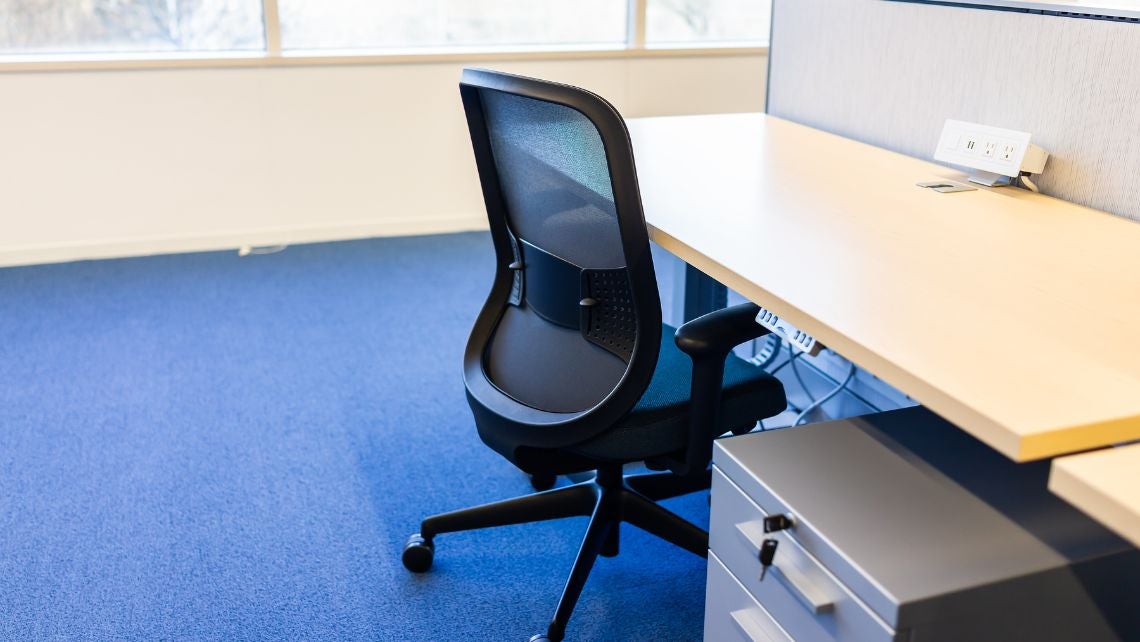
Do you have employees who frequently miss work? It’s not uncommon for employees to take time off from work for various reasons. But while some absences may be legitimate, others may be a result of underlying issues. Here are five hidden factors that may contribute to workplace absenteeism.
Poor Work-Life Balance
Balancing work and personal life can be challenging. Employees with heavy workloads often struggle to find time for family and self-care. This imbalance can lead to burnout and, eventually, absenteeism. Encouraging flexible working hours and promoting regular breaks can help employees maintain a healthy work-life balance.
Lack of Employee Engagement
When employees aren’t engaged, they’re less likely to show up and perform well. Low employee engagement can stem from factors such as poor communication, lack of recognition, and limited growth opportunities. Employers should strive to create a positive work culture that fosters engagement and motivates employees to come to work.
Toxic Work Environment
A toxic work environment can be extremely detrimental to employee well-being. Harassment, bullying, discrimination, and other negative behaviors can make employees feel unsafe and unwelcome in the workplace. This can lead to absenteeism as employees try to avoid these stressful situations. Employers should address any toxicity in the workplace promptly and create a safe and inclusive working environment for their employees.
Health Issues and Stress
Physical health problems and stress are leading causes of absenteeism in the workplace. Whether it’s a chronic illness, mental health issue, or stress from work overload, these factors can keep employees away from work. Offering health and wellness programs and providing resources for stress management can make a huge difference.
Ergonomic Injuries
Would you say the furniture in your office is comfortable? Old, low-quality office furniture can contribute to employee absenteeism. Low-quality furniture can lead to back pain, carpal tunnel syndrome, and other ergonomic injuries. Ergonomic furniture is important in office environments for many reasons, one of which is the prevention of such injuries. Investing in ergonomic chairs and desks can reduce the risk of these injuries and, in turn, decrease absenteeism by keeping employees out of pain.
Workplace absenteeism is a complex issue with various underlying factors. By understanding these factors and taking appropriate measures to address them, businesses can reduce absenteeism and create a healthier, more productive work environment.
641 Views












